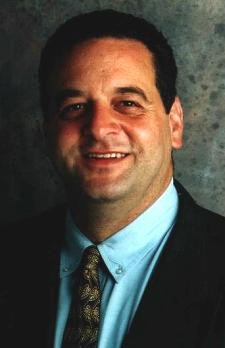Sausalito Schools Get Low Grades -Report criticizes education leadership - SF Chronicle - Aug 22, 1997 By Peter Fimrite
Sausalito Schools Get Low Grades
Report criticizes education leadership
Peter Fimrite, Chronicle North Bay Bureau
Friday, August 22, 1997
The Marin County Civil Grand Jury is giving the Sausalito School District failing grades, lending credence to parents' complaints and helping revive a recall campaign against school trustees.
The blistering 11-page report by the grand jury's education committee was released Tuesday after a six-month study prompted by complaints from citizens, parents and teachers.
It attacked the district from every angle, saying its students are ``ill-trained and ill-prepared, often without even the most basic academic and social skills.''
Gracie Grove, president of the school board, disagreed with the findings. ``It's just another hit at the district. What we need are adults working together to help bring up the standards instead of everyone going around putting the district down.''
One of the most serious problems, according to the report, is violence. Police were called to the schools 50 times during the 1996-97 school year, and teachers ``actually fear turning their backs on students,'' the report says.
``The district is in serious trouble,'' the document declares. ``Strong leadership is lacking. Teacher morale is low. Classroom discipline has declined sharply
and student violence is commonplace. As a sad consequence, most of these children are being deprived of a sound education.''
The criticisms are nothing new in Sausalito and Marin City, the towns that feed the district's two schools, Bayside/Martin Luther King Elementary School and Northbay Alternative School.
The district spends $12,276 per student, nearly three times the Marin County average, but its 248 pupils have the lowest test scores in the county. School board members blame the low scores and other problems on poverty, unemployment and substance abuse in Marin City, an area of low-income housing where the vast majority of students reside.
Many parents disagree, saying it is leadership that's the problem. An eclectic group of houseboaters, wealthy hillside homeowners and public housing residents formed a group called Project Homecoming and attempted to recall the entire school board.
The group failed to gather enough signatures to qualify the recall for the November ballot, but began a new campaign this week using the grand jury report as ammunition.
``Our group agrees with just about all the findings,'' said Natica Lyons, campaign organizer for Project Homecoming. ``It confirms that this is a multimillion dollar failure. We hope to reverse the lack of leadership problem as soon as possible.''
The report mentions two schools -- George Washington Carver Elementary School in San Francisco and San Pedro Elementary School in San Rafael -- that it says overcame problems associated with disadvantaged and poor students.
The grand jury recommends hiring a dean and a full-time counselor for problem children, establishing clear program guidelines, re-evaluating the school curriculum and encouraging more parental involvement.
The grand jury is a group of 19 court-appointed citizens who act as a watchdog over government operations.


<< Home